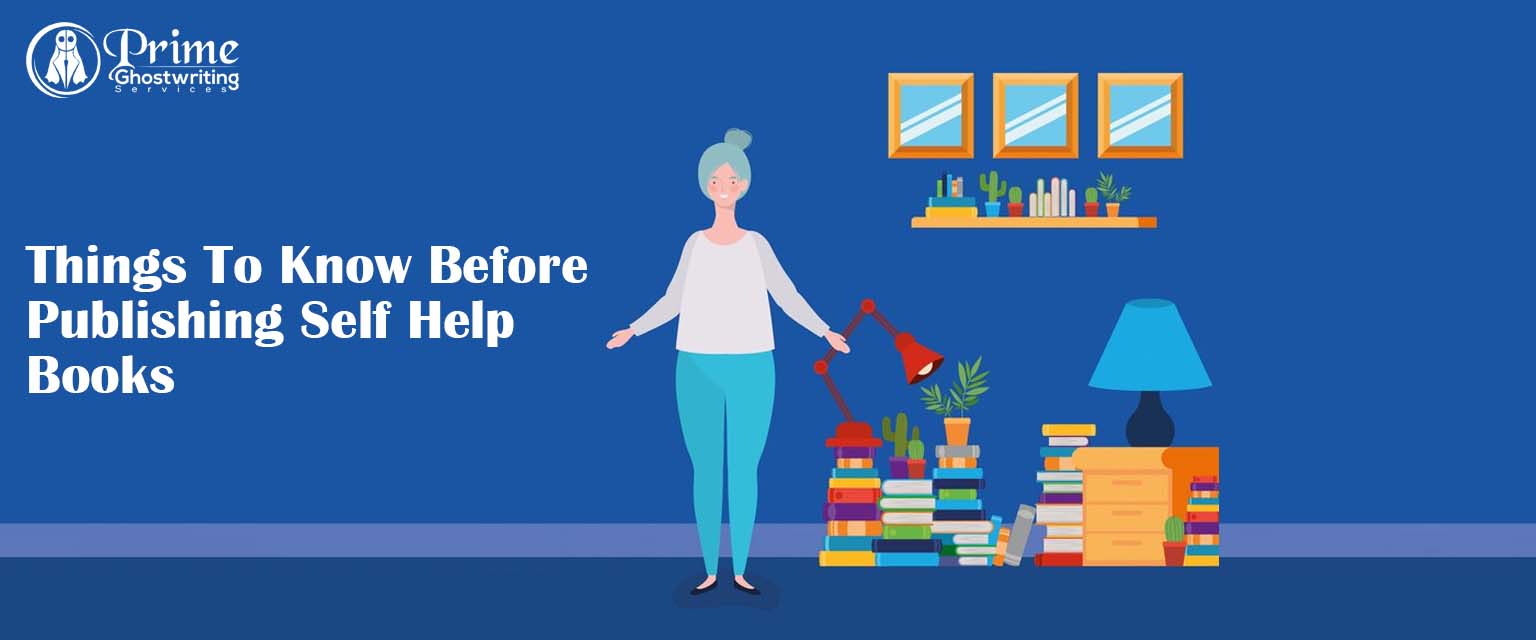The goal of a self-help book is to help people achieve their aspirations and goals without the support of others. This type of book might be about self-improvement in one’s financial status, intellectual and emotional well-being, and self-esteem. They could also discuss support organizations, where to find them, and what they are all about. Support groups provide encouragement and answers to assist people with similar goals and requirements in reaching their objectives. Self-help is a broad genre that can include a variety of books. In this blog, we will explore what is a self help book in detail, how to start writing a self help book, and how to publish these self help genre books.
What do Self-Help Books Help With?
A self help book covers a ton of different areas, including:
- Feelings and Thoughts: Managing stress, boosting confidence, overcoming anxiety, building stronger relationships, or finding happiness.
- Practical Skills: Getting organized, managing money, learning a new language, or cooking healthier meals.
- Life Challenges: Dealing with difficult situations, finding purpose, recovering from addiction, or coping with grief and loss.
What Makes a Self-Help Book Different?
The big idea behind writing a self help book is that you can make positive changes on your own. They provide information, exercises, and encouragement to help you along the way. Of course, self-help books aren’t a replacement for professional help like therapy if you face serious challenges. Think of them as an extra thing to help you grow.
What Genre is Self Help Books?
The self help genre is incredibly diverse, with books written in a variety of styles to appeal to different preferences. Some books are packed with practical advice and exercises, while others take a more narrative approach, sharing stories of the ones who have overcome challenges. Experts in psychology, personal development, and specific fields like finance or relationships write self-help books. You can also find self-help books that are more lighthearted and motivational, offering inspirational quotes and anecdotes.
Types of Self Help Books
Let’s look at the types of self help books:
-
The “How-To” Guide
The self help books are like having a personal coach in your pocket. They provide clear, step-by-step instructions on achieving your goals. Whether it’s organizing your home office (because, let’s be honest, that can get out of control quickly!), improving your finances, or learning a new skill like cooking or coding, these books offer a roadmap to success. They often include practical tips, checklists, and even inspirational stories to motivate you.
- Example: Feeling overwhelmed by clutter? “The Life-Changing Magic of Tidying Up” by Marie Kondo offers a method for decluttering your home that sparks joy (and keeps it tidy!).
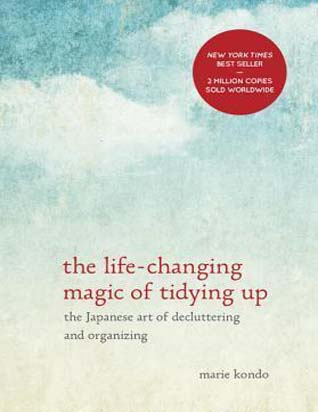
-
Stories of Transformation
Sometimes, hearing someone else’s journey can be super inspiring. These books share stories of people who have overcome challenges, grown personally or made major life changes. Maybe it’s a story about someone who used to be super shy but learned to become more social or someone who battled a health condition and came out stronger on the other side.
These books offer hope and show that change is possible for you, too! They can also provide a sense of community, letting you know you’re not alone in your struggles.
- Example: In “Quiet: The Power of Introverts in a World That Can’t Stop Talking” by Susan Cain, you’ll meet introverts who have thrived in a world that often glorifies extroverts. It’s a powerful reminder that there’s strength in silence and that being introverted is not a weakness.
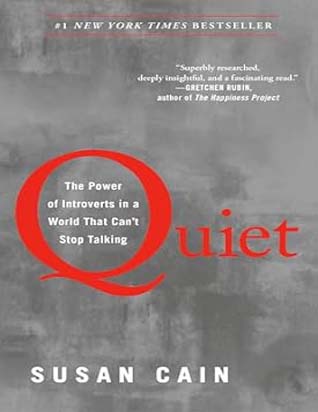
-
The Recovery Helper
These books focus on healing and overcoming struggles, whether it’s addiction, trauma, anxiety, depression, or difficult life experiences like grief or loss. If you’re facing a tough time, these books offer practical advice, emotional support, and sometimes even exercises to help you move towards a healthier place. They can be a great resource alongside professional help or a source of comfort and guidance on your healing journey.
- Example: “The Happiness Trap” by Russ Harris is a very good introduction to Acceptance and Commitment Therapy (ACT), a form of therapy that can help you deal with difficult emotions and build a more fulfilling life.
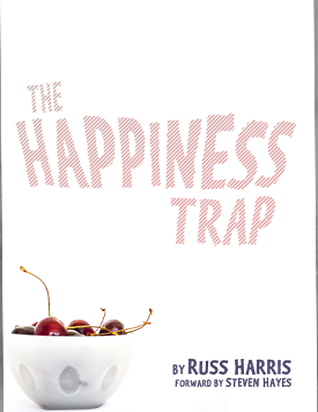
-
The Skill Builder
Like a workout for your mind, these books come with exercises and techniques to address specific emotions or problems. Think of them as mental health toolkits. They can help you overcome anxiety by teaching relaxation techniques, boosting confidence by helping you identify your strengths, or managing stress by providing practical coping mechanisms. These books often draw on different psychology and personal development areas to provide effective strategies.
- Example: Feeling stressed and overwhelmed? “Mind Over Mood” by Dr. Christina Hibbert is a cognitive-behavioral therapy (CBT) workbook that provides exercises and strategies to help you alleviate stress, anxiety, and depression.
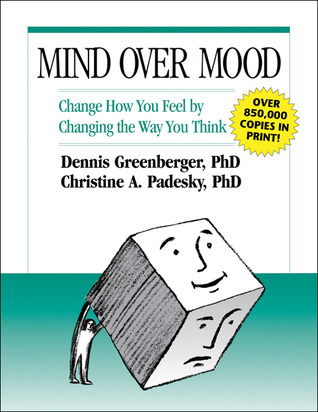
-
Tackling the Big Stuff
Some self-help books dive into complex topics like relationships, parenting, or finding purpose in life. They break down these big subjects into smaller, manageable parts, offering guidance on navigating the ups and downs we all experience. Maybe you’re looking for tips on communicating more effectively with your partner or raising kind and responsible children. Or perhaps you’re questioning your career path and want to find more fulfillment in your work. These books can be a great starting point for exploring these big questions and developing your own personal roadmap.
- Example: In “The Seven Habits of Highly Effective People” by Stephen Covey, you’ll find principles that can be applied to all areas of your life, from your career to your relationships. It offers a framework for setting goals, prioritizing tasks, and living a more fulfilling life.
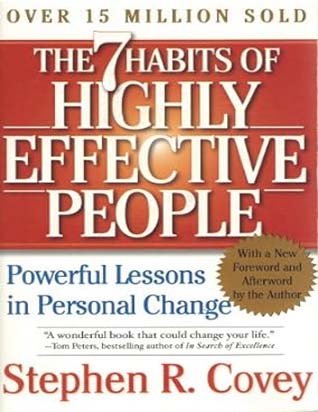
How to Start Writing a Self Help Book?
If you’re looking for some advice on how to start writing a self help book, here are a few tips that might be helpful:
-
Recognize the Issue:
Most nonfiction works, excluding memoirs, are essentially about recognizing a problem and suggesting a solution. This could provide practical, step-by-step advice or a more detailed, nuanced explanation of a current issue that can change the reader’s perspective. When it comes to self-help books, the writer’s responsibility is to concentrate on a particular problem and offer the reader a solution.
-
Convince your Readers that you have the Ability to Help them:
The success of a self-help book relies heavily on your credibility and authority as a writer. Would you really go up to random strangers on the street and ask for advice on how to improve your life? That’s why popular media personalities often publish self help books. They already have a group of followers who trust and believe in them.
However, if you’re not someone as famous as Russell Brand or Oprah Winfrey, how can you establish trust with potential readers? One way to achieve this is by sharing information about yourself.
-
Just Keep in Mind that you’re Sharing a Story:
Self-help books typically don’t follow a single, overarching narrative arc. Usually, these books are guided by an argument or thesis instead of a narrative. The chapters are organized around anecdotes that serve to illustrate the points being made.
-
Let’s Discuss Specific Actions and Steps:
Since self-help books tend to be more abstract compared to straightforward how-to manuals, there’s a chance that your book might come across as too focused on giving advice. It can be frustrating when things are vague. It can be helpful to break down advice into smaller, manageable steps. When you include specific examples, interesting stories, and relevant facts, it can make your advice feel more relatable and easier to understand for the people you’re trying to help. This can ultimately make your advice more valuable to them.
-
Remember to Always Acknowledge to your Sources:
You’re unlikely the first person to write about or offer advice on your issue. It’s common for people to have different perspectives and offer valuable advice on similar issues, so don’t worry about your idea being “stolen.”
One important aspect is acknowledging the individuals who have made valuable contributions to your research by giving them proper credit for their ideas. Feel free to incorporate or expand upon these ideas, but it’s important to remember that you should never present them as your own. This would be considered intellectual property theft, which is unethical and not cool.
Key Things to Know Before Publishing Self Help books
Before publishing self help books, there are a few things you should keep in mind.
-
Prepare your Manuscript
It’s important to understand the needs of your manuscript because it will help you determine what type of service you will require. Would you like to avail our editing services? Would you like me to rewrite it for you? Are you looking for the opinion of an expert? Would you like me to write a review? Once you have a clear understanding of why the manuscript is necessary, make sure to write down all the important details and then proceed to the next step.
-
Submit your Questions to Various Publishing Houses
You can try visiting various websites of publishing houses and ask them about their process and packages by sending in your queries. It will help you understand everything that they offer for publishing self help books. Make sure to take notes and grasp each aspect, as it will be beneficial for your research in the future.
-
Take a Look at the Options and Decide
Now that you have all the information, you can consider and compare what would be best for you. What is something that is affordable, fashionable, good for your health, and will support you throughout your journey? Which publishing house will provide support and assistance throughout the entire process, even after your book is published?
-
Contact the Publication House You have Chosen
You should have a conversation with them, make sure all the details are sorted out, and then proceed to sign a contract to officially start the process. Stay updated on the progress and feel the thrill of embarking on your journey as a new author. It’s important to clearly understand what you want to include on your cover page, the genre of your book, and who your target audience will be. As a customer or author, it’s important to be a good sport and also keep your dedicated team motivated.
-
Build Your Platform
Start promoting yourself as an author even before your book is released. Establish a blog, website, or social media presence pertinent to your subject matter. Share your story and expertise to build an audience who will be excited about your book.
-
Embrace Marketing
Be ready to actively promote your book. This might include online interviews, guest blog posts, or reaching out to relevant podcasts and websites in your niche.
-
Seek Reviews
Encourage the readers to leave reviews on sites like Amazon or Goodreads. Positive reviews build credibility and help your book get noticed.
-
Learn and Grow
The publishing journey is ongoing. Pay attention to feedback, connect with other authors in the self-help space, and be ready to improve for your next book.
Conclusion
Remember, launching your self help book isn’t just about the act of publishing—it’s about connecting with readers and making a difference. By starting to build your author platform early and embracing the ongoing process of marketing and self-improvement, you’ll put yourself in a stronger position to share your message with the world. Your dedication will carry you through the ups and downs of the publishing process, leading to the satisfaction of knowing you’ve put your knowledge and passion out there to help others.

